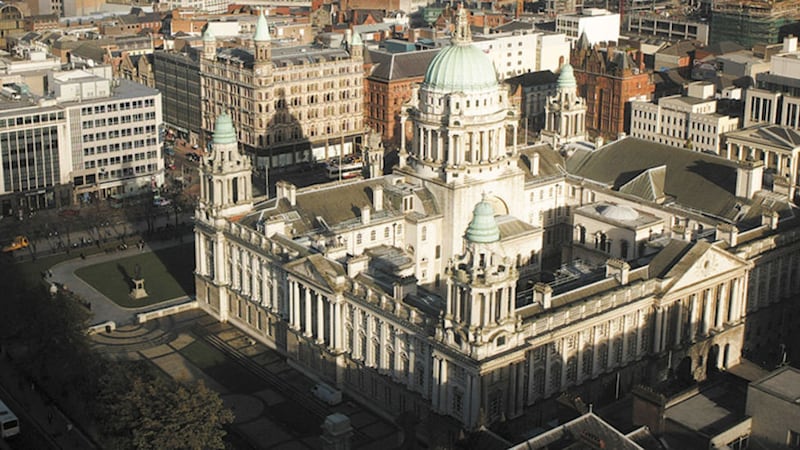THE point of last week’s discussion on a John Lewis store in Belfast has been missed. This was not a debate about Belfast versus Lisburn or city centres versus out of town centres but about sustaining Belfast as the only hope for Northern Ireland’s future prosperity.
If that sounds like an overwrought burden to place on a posh department store it is only because Belfast’s traders are the canaries down our economic mine. They are first to spot relative decline in what is frankly our lone significant urban area but their warning signals can seem trivial, self-serving or obscure.
For example, last week’s retail positioning report for Belfast City Council focused on a lack of high-end brands and a failure to appeal to the more affluent consumer.
‘So what?’ the majority of us might think.
However, high-end shopping represents the pinnacle of a successful, modern economic centre. It is expected by the type of visitors, investors and residents we require to stay competitive. Without it, a city is marked and condemned to provincial irrelevance. The report was able to put this in objective context, by using a standardised international score for retail brands and their customer demographics. This ranked Belfast as the UK’s 16th city centre, between Reading and Kingston-Upon-Thames, which are respectively a town and a suburb, with one-third and one-sixth of Greater Belfast’s population.
Furthermore, we are gradually slipping down these rankings, from 14th a decade ago.
When Game of Thrones producers described Belfast as “not the most cosmopolitan of cities” and implied it was effectively a hardship posting, this was far more than a homesick gripe for Hollywood. It was a warning that key staff from all the creative industries - film, software, marketing, design - could never imagine living here.
As these industries are the western world’s best hope of sustaining a productive future, failing to appeal to them is a slow-motion catastrophe. There are similar staff profiles and expectations in finance, pharmaceuticals, science and legal services. This in turn demands an academic and artistic culture capable of creating and retaining local people worth hiring.
So we need posh department stores, high-end brands, proper nightlife, the new art gallery or museum Belfast’s council is considering - and we need them in the only real city in our region, as that is the only place to which urbanites will be drawn. If John Lewis opens in Lisburn and sucks 9 per cent of retail sales out of Belfast, as last week’s report predicts, we will instead slide out of all contention.
The cause of developing Belfast risks falling foul of another geographic contest in Northern Ireland, namely east versus west of the Bann. The Fresh Start agreement marks an official end to this conflict - dualling the A5 Derry to Aughnacloy road seems to have been Sinn Féin’s price for accepting welfare reform.
Sinn Féin has also taken the Department of Infrastructure and is prioritising other road schemes in the west, while the DUP and Sinn Féin jointly and promptly agreed to subsidise City of Derry airport.
Fortunately, east-west conflict does not need to be restarted to serve Belfast’s wider case. Investment across the region can be complementary, connecting city and hinterland to the advantage of both. Road and rail improvements now underway between Derry and Belfast are good examples. The fiasco of Invest NI’s empty business park in Strabane proves that if you build it, they will not necessarily come. However, investors will still come to Belfast, from which wealth and work can spread.
The Aughnacloy road reveals a fascinating post-partition context to this debate because it aims to be a sort of Belfast bypass, connecting the entire north west of Ireland directly to Dublin.
Sinn Féin has never made this explicit but that is clearly its political attraction.
Dublin is the only international city on the island, ranked 27th on earth by ‘ultra high net worth individuals’ and classified as an ‘alpha minus’ world city by the standard academic measure, alongside places like Zurich and San Francisco. Belfast scores a ‘gamma’, with Leeds and Milwaukee.
Yet any wealth and work flowing out of Dublin is still most likely to reach this region via Belfast, whatever our constitutional future. Belfast is the only place in the north likely to appeal to the kind of firms and people priced out of Dublin, while the Belfast-Dublin corridor is the best place for an all-Ireland economy to develop.
Neglecting Belfast is cutting off everyone’s nose to spite our face.
newton@irishnews.com









